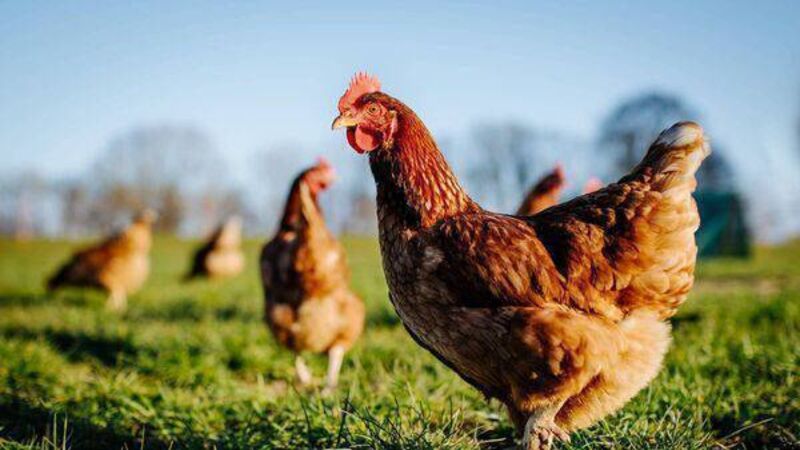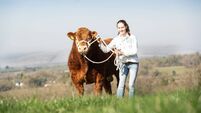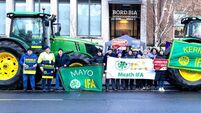Farmers ordered to house all poultry over bird flu risk

The department said it is important to note that housing is a support to biosecurity, "not an alternative".
Poultry farmers have been ordered to house all poultry due to the risk of bird flu.
Minister for Agriculture, Food and the Marine Charlie McConalogue has said that all poultry and captive birds in possession must be confined in a secure building to which wild birds or other animals do not have access.













